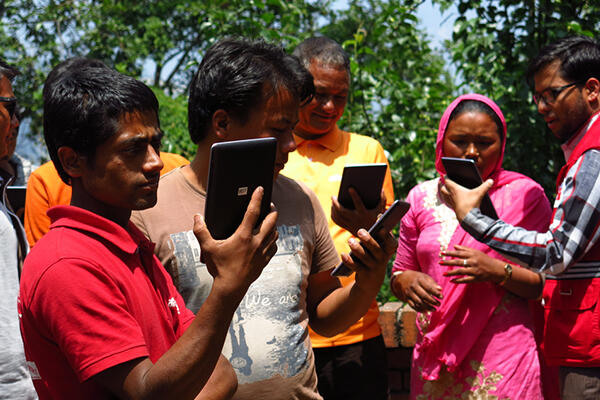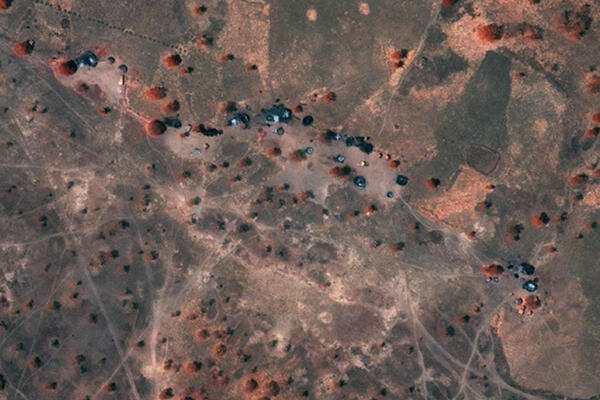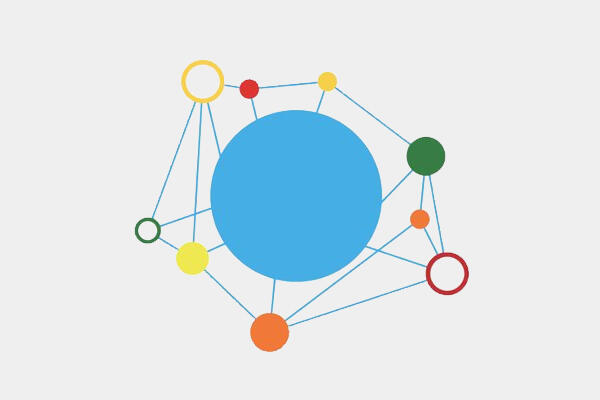Caitlin Howarth. 9/2017. “
A Rights-based Approach to Information in Humanitarian Assistance.” PLOS Currents: Disasters.
Read PublicationAbstractCrisis-affected populations and humanitarian aid providers are both becoming increasingly reliant on information and communications technology (ICTs) for finding and provisioning aid. This is exposing critical, unaddressed gaps in the legal and ethical frameworks that traditionally defined and governed the professional conduct of humanitarian action. The most acute of these gaps is a lack of clarity about what human rights people have regarding information in disaster, and the corresponding obligations incumbent upon governments and aid providers. This need is lent urgency by emerging evidence demonstrating that the use of these technologies in crisis response may be, in some cases, causing harm to the very populations they intend to serve. Preventing and mitigating these harms, while also working to responsibly ensure access to the benefits of information during crises, requires a rights-based framework to guide humanitarian operations. In this brief report, we provide a commentary that accompanies our report, the Signal Code: A Human Rights Approach to Information During Crisis, where we have identified five rights pertaining to the use of information and data during crisis which are grounded in current international human rights and customary law. It is our belief that the continued relevance of the humanitarian project, as it grows increasingly dependent on the use of data and ICTs, urgently requires a discussion of these rights and corresponding obligations.



